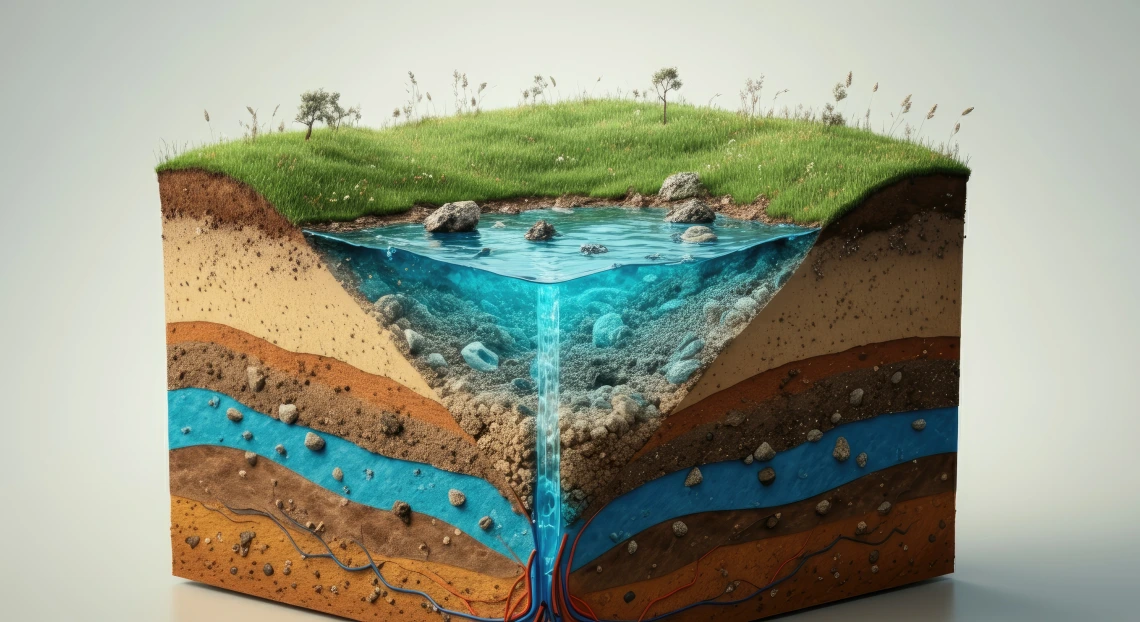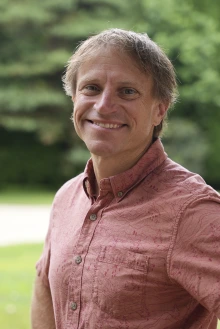
2026 NGWA Darcy Lecture: Groundwater recharge regimes are in flux
When
Where
2026 NGWA Darcy Lecture: Groundwater recharge regimes are in flux
Steven P. Loheide II, PhD, Distinguished Professor of Water Resources Engineering, Department of Civil and Environmental Engineering, University of Wisconsin-Madison
2026 National Ground Water Association Darcy Lecture Series
Available in person and via zoom (see email for link)
Abstract
Groundwater provides drinking water for people, supports agriculture, and sustains healthy ecosystems, but has been depleted in some regions due to overuse. Groundwater is replenished through the process of groundwater recharge. After precipitation infiltrates into the soil, a portion is returned to the atmosphere through evapotranspiration, but some may percolate downward until it reaches the water table and recharges the aquifer. The process of groundwater recharge varies substantially in space and through time due to soil type, weather conditions, and vegetation. Case studies will be used to illustrate how groundwater recharge regimes are altered by changes in climate and shifts in land use. Groundwater level responses to recharge events were used to quantify groundwater recharge rate differences at locations with different land cover. Numerical modeling was used to diagnose the causes of changing recharge rates and predict the consequences of these changes across a range of environmental settings. A process based understanding of the factors that drive changes in groundwater regimes is critical to sustainable management of groundwater resources under environmental change and avoiding or minimizing unintended consequences of human activities.
Bio

Dr. Steven Loheide is the Distinguished Professor of Water Resources Engineering in Civil and Environmental Engineering, Geological Engineering, Freshwater and Marine Sciences and Water Resource Management at the University of Wisconsin – Madison. He received his BS in Environmental Chemistry and Geology from the University of Northern Iowa (1999), MS in Geology from Indiana University (2001), and PhD in Hydrogeology from Stanford University (2006). As an ecohydrologist, Loheide’s research focuses on the interactions between ecological and hydrological processes in natural and built systems with special attention to the role of groundwater. His approaches use a combination of field data, remote sensing, and numerical modeling to understand the feedbacks between vegetation patterning, plant water use, soil moisture availability, groundwater regimes, stream-aquifer interactions, and agricultural and urban water management. This work is focused on improving the scientific basis for stream, floodplain, meadow, and wetland restoration efforts; quantifying the provisioning of hydrologic ecosystem services under current and future scenarios; and evaluating interactions among groundwater and urban, agricultural, and natural environments.
¤
Seminars By Semester: Spring 2026 Coming soon!

